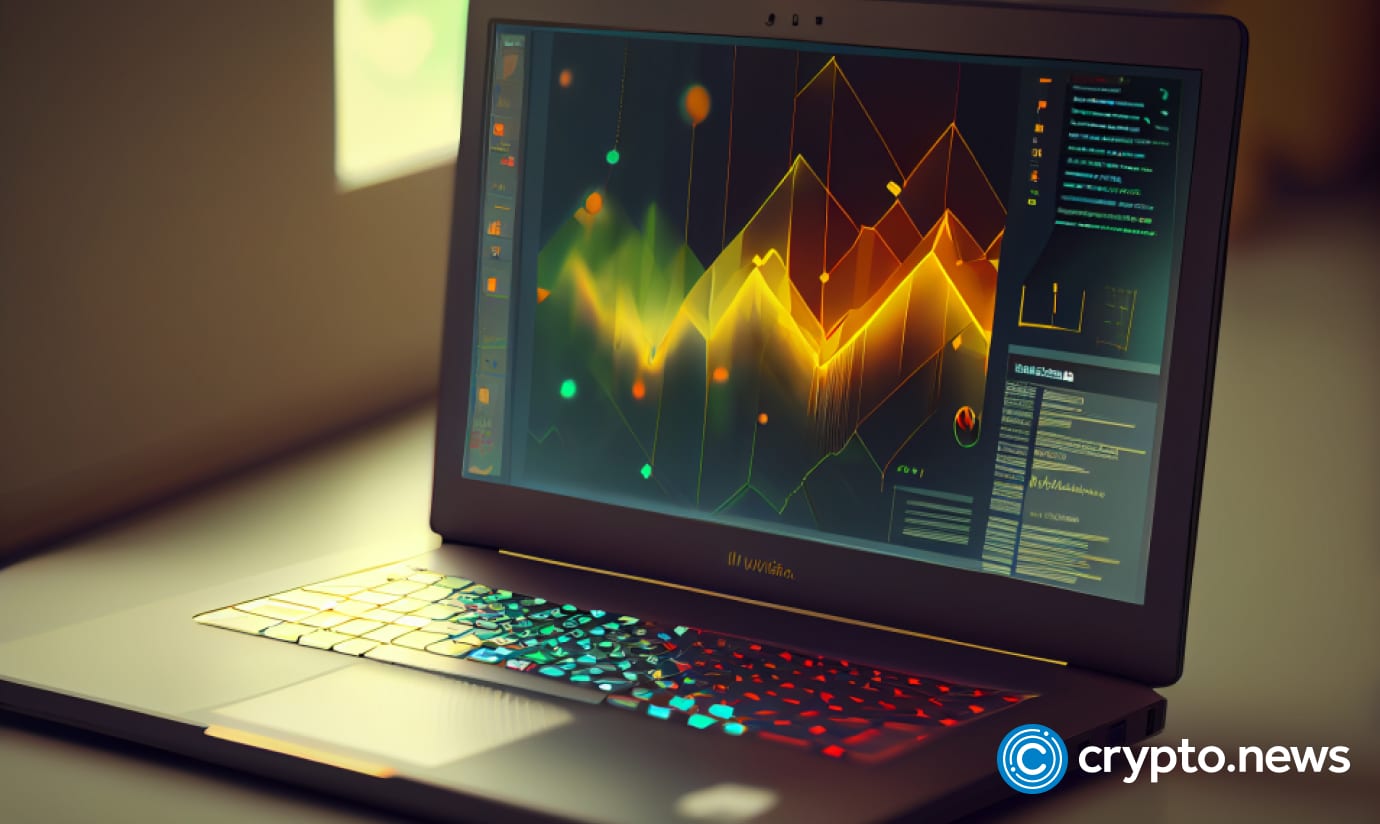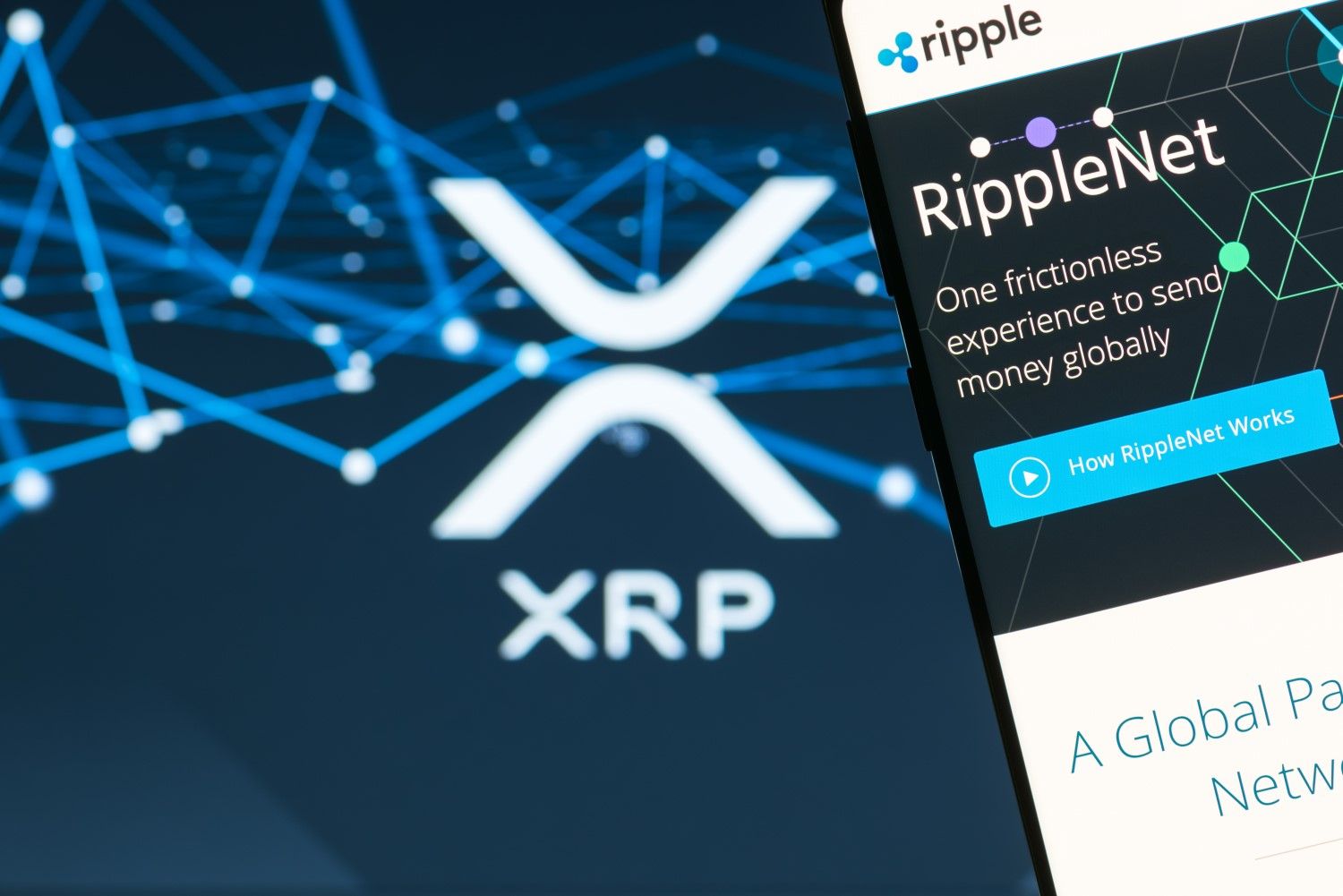This week has seen several crypto trends catch the attention of investors and enthusiasts alike. From the rise of altcoins to the latest updates from major players in the industry. Here is a weekly market wrap-up of the major crypto events that lit the crypto markets up.
Arbitrum surpasses Ethereum’s mainnet figures
The layer 2 scaling solution, Arbitrum, has been making waves in the crypto world, surpassing Ethereum’s mainnet in terms of transaction volume. The Arbitrum network broke its 24-hour all-time high record for the number of transactions during the week.
It surpassed Ethereum mainnet by an impressive margin of 1.05 million transactions, with a total of 1.14 million transactions registered.
In comparison, the Optimism network had around 180,000 transactions on the same day. This is a significant achievement for Arbitrum, designed to improve the scalability and speed of Ethereum transactions.
Coinbase to launch Base network
Additionally, Coinbase, one of the largest cryptocurrency exchanges in the world, revealed intent to laucnh its base network. According to Will Robinson, Coinbase’s vice president of engineering, the base network’s testnet launch for Ethereum layer 2 is underway.
The base network aims to offer a platform for individuals worldwide to create decentralized applications or “dapps” on-chain, which is secure, low-cost, and developer-friendly.
As per the plan, the network will be gradually decentralized over time. This incremental decentralization process will help ensure the network remains secure and stable throughout the transition.
Uniswap introduces NFT purchases with ERC-20 tokens
Decentralized exchange (DEX) Uniswap made headlines again by introducing the ability to purchase non-fungible tokens (NFTs) using any ERC-20 token. This move is significant, demonstrating the increasing convergence between DeFi and NFTs.
Uniswap Labs envisioned Permit2 and Universal Router to enhance the quality of their products. The primary objectives were to minimize gas fees, simplify user transaction processes, and improve security.
Uniswap is committed to offering public goods that advance cryptocurrency, and they designed these contracts to be accessible to the developer community. The contracts include software development kits (SDKs), comprehensive documentation, and a two-week bug bounty program.
SEC continues with crypto crackdowns
The past week was a bustling period for the cryptocurrency industry, as it witnessed a series of noteworthy occurrences, such as increased regulatory actions and a resurgence in the market.
Notably, the United States Securities and Exchange Commission (SEC) intensified its efforts to regulate the crypto space, targeting Paxos and Do Kwon.
Stablecoins have also been a significant use case for layer 1 blockchains, but their regulation has become a growing concern for the industry, with the SEC initiating a crackdown. Other regulatory bodies are expected to follow suit, leaving Central Bank Digital Currencies (CBDCs) as the only remaining option.
The Securities and Exchange Commission (SEC) has continued its regulatory actions against the crypto industry, with ongoing enforcement actions against several high-profile companies. This has caused some concern among investors, as the regulatory environment for cryptocurrencies remains uncertain.
Blur NFT marketplace sees surge in users
The Blur NFT marketplace has rapidly gained popularity and attracted significant attention from NFT traders and investors. Despite being a relatively new entrant in the NFT space, Blur has quickly established itself as a substantial player and continuously topped the charts for NFT trading volume.
Blur, a new NFT marketplace, saw a surge in daily users, with over 20,000 people using the platform daily. The platform uniquely allows users to create and sell NFTs utilizing various file types, including audio and video files.
The NFT market has been increasing, with more and more people showing interest in investing in digital assets.
As a result, the competition among NFT marketplaces has become increasingly intense. However, Blur has managed to stand out by offering a unique and innovative platform that has resonated well with NFT enthusiasts.
Blur accounts for 46% of the total weekly NFT trading volume, a significant achievement for a marketplace operating for only a few months. In contrast, OpenSea, once the undisputed leader in the NFT market, has now fallen behind and accounts for only 36% of the total weekly trading volume.
Ordinals protocol enables bitcoin-based NFTs, driving up blockchain’s value and development
The Ordinals Protocol has introduced a novel use case for the Bitcoin blockchain by allowing users to encode references to digital art into small transactions, thereby creating non-fungible tokens based on bitcoin. This development has significantly increased the value of the longest-running cryptocurrency chain.
According to a research report released by Matrixport on Wednesday, the introduction of non-fungible tokens (NFTs) based on ordinals has caused a 50% surge in the value of Stacks Network’s STX token. The report suggests that this development can potentially drive STX toward becoming a billion-dollar token.
Ordinals is a protocol that enables NFTs to be stored on the Bitcoin blockchain, and STX is the native token of the Stacks Network. This layer 2 blockchain uses the security of the bitcoin blockchain to settle transactions.
Ordinals are considered digital artifacts because they are minted directly onto the blockchain and have permanent and immutable records on the distributed ledger. In contrast, traditional NFTs can be modified by competent contract developers.
Earlier in the week, a GitHub user going by the handle ynohtna92 made a groundbreaking achievement. They have forked the Bitcoin Ordinals protocol and used it to create the world’s first Litecoin Ordinal. This is a noteworthy and significant development in the field of digital currencies.
Read More: crypto.news









 Bitcoin
Bitcoin  Ethereum
Ethereum  Tether
Tether  XRP
XRP  Solana
Solana  Dogecoin
Dogecoin  Cardano
Cardano  USDC
USDC  Lido Staked Ether
Lido Staked Ether  Avalanche
Avalanche  Shiba Inu
Shiba Inu  TRON
TRON  Toncoin
Toncoin  Stellar
Stellar  Wrapped stETH
Wrapped stETH  Polkadot
Polkadot  Wrapped Bitcoin
Wrapped Bitcoin  Chainlink
Chainlink  Bitcoin Cash
Bitcoin Cash  WETH
WETH  Sui
Sui  Pepe
Pepe  Litecoin
Litecoin  Hedera
Hedera  NEAR Protocol
NEAR Protocol  LEO Token
LEO Token  Uniswap
Uniswap  Wrapped eETH
Wrapped eETH  Aptos
Aptos  Internet Computer
Internet Computer  USDS
USDS  Cronos
Cronos  Ethereum Classic
Ethereum Classic  POL (ex-MATIC)
POL (ex-MATIC)  Artificial Superintelligence Alliance
Artificial Superintelligence Alliance  Bittensor
Bittensor  Render
Render  Ethena USDe
Ethena USDe  Filecoin
Filecoin  Algorand
Algorand  Arbitrum
Arbitrum  Stacks
Stacks  Cosmos Hub
Cosmos Hub  Dai
Dai  Celestia
Celestia  Immutable
Immutable  Bonk
Bonk